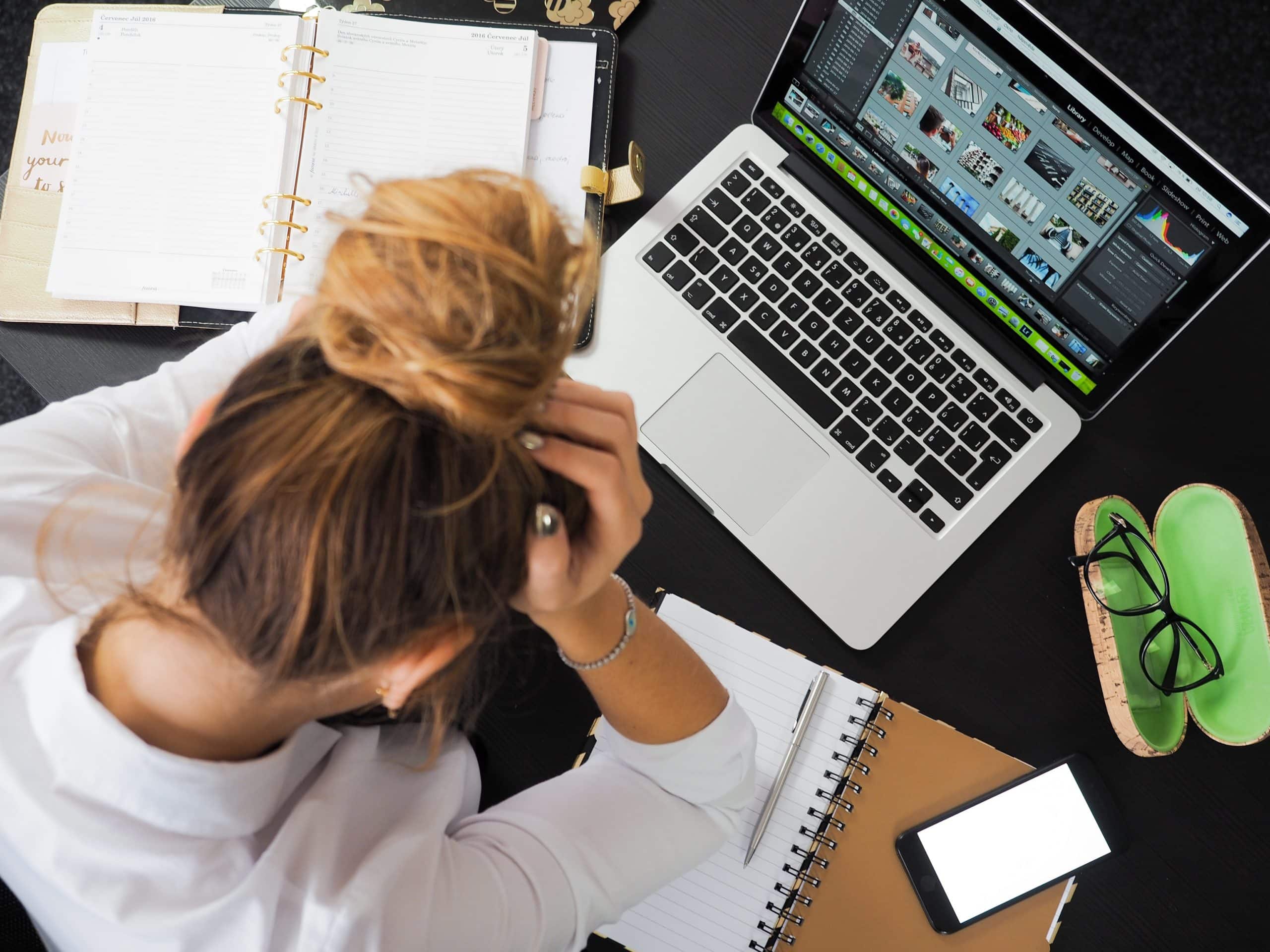Recent studies show that mental health is being negatively affected by the COVID-19 crisis. As part of our Well at Work blog series, Professor John Gallagher, Managing Director of Cognate Health outlines the small steps you can make to mind your mental health during the COVID-19 crisis
A recent study from Queen’s University, Belfast found that one-third of people surveyed suffered from virus-related anxiety and depression. There is a well-founded fear that as the Covid 19 pandemic lessens, there may follow a pandemic of mental health issues.
This is a new and challenging time for us all. Many have been seriously ill or experienced the death of a relative or friend, or are experiencing financial difficulties or problems with their personal relationships. Many are also likely to have concerns about the risk of infection on going back to work or changes to their job due to the implementation of measures to prevent the spread of COVID-19. This can be displayed through high levels of stress, anxiety and fear; greater irritability; feeling insecure; trouble sleeping or irrational thoughts.
There is much uncertainty associated with COVID-19 and having to deal with this uncertainty is one of the reasons behind an increase in mental health concerns. One of the challenges is that there is no definite endpoint to the uncertainty. Minding your mental health during the COVID-19 crisis has never been as important, especially if you are still working from home.
LOOK TO THE PROTOCOL
The Return to Work Safely Protocol outlines that employers should provide workers with information on publicly available sources of support and advice, and information about the prevention and control measures taken in the workplace to reduce the risk of infection. I recently did a blog topic on the Protocol which you can find HERE. Employers should ensure workers are made aware of, and have access to, any business providing Employee Assistance Programmes or Occupational Health services such as Cognate Health. At the moment, we are assisting businesses in building out COVID-19 Response Plans, using our unique remote case management system, Dayone+. Contact Denis Weir or Sharon Cleary for more information.
The Government’s In This Together Campaign also has lots of advice and tips on how employers and workers can look after their mental well-being, stay active and stay connected.
START YOUR DAY WELL
Look for structure in your day. Where once, commuting took a toll on psychological health and social lives, this has been eliminated for many. Take this time instead to be productive — early morning yoga, a walk before sitting down at your desk, or listening to a mindfulness podcast. Getting regular exercise can really help your mental health, as does eating healthily. This will go a long way in minding your mental health during the COVID-19 crisis.
PLAN, PLAN AND PLAN SOME MORE
We are creatures of habit, and crave consistency and structure. The uncertainty associated with COVID-19 has upheaved this, so look to ensure your days are structured. If you work a typical 9 to 5 job, then work within that timeframe. Also, schedule regular calls with colleagues during the day. Embracing routine can have a huge positive impact on your mental health.
AVOID DRINKING, SMOKING EXCESSIVELY AND MAINTAIN A HEALTHY DIET
When we feel stressed or under pressure, it can be tempting to adopt negative behaviours to try to cope, such as eating or drinking too much. Not surprisingly, there is evidence suggesting an association between psychological distress and changes in alcohol, tobacco and junk food consumption. The problem with negative coping behaviours is that they can make us feel worse and it becomes a vicious circle.
DON’T OVERLOAD ON NEWS
While it is important to be informed during these times, being exposed to lots of noise and negativity can be harmful for mental health. The constant stream of social media updates and push notifications from news sites can cause concern for many. Consider limiting how much time you spend on social media and turning off alerts. Let it be on your time, when you feel ready, and don’t let it be thrust upon you.
HAVE A FLEXIBLE MINDSET
With so much uncertainty associated with COVID-19, there is one thing that you can control — how you respond to it. When faced with challenges, try to reframe them in a positive way. Pay attention to how you respond and practice reframing techniques so you can build a more resilient mindset. Also talk to friends and, more importantly, listen to them if they are telling you that you seem different or under pressure or stressed. If you are struggling seek professional help early.
GET ENOUGH SLEEP
Two principal causes of productivity losses at work are absenteeism, caused by illness, and presenteeism, due to people working but not working to their full potential. Both causes are often as a result of insufficient sleep, which may have even more serious consequences. Stop excessive use of electronic devices outside work, or impose a cut-off time for work-related emails. Employers should also set realistic time pressures and deadlines to reduce employee stress. Avoid caffeine before bed, and take a warm shower or bath. All can assist in getting a better night’s sleep.
As a leading occupational health provider, Cognate Health can assist businesses in building out COVID-19 Response Plans, including advice on well-being in the workplace. Please contact Denis Weir or Sharon Cleary for more information.

